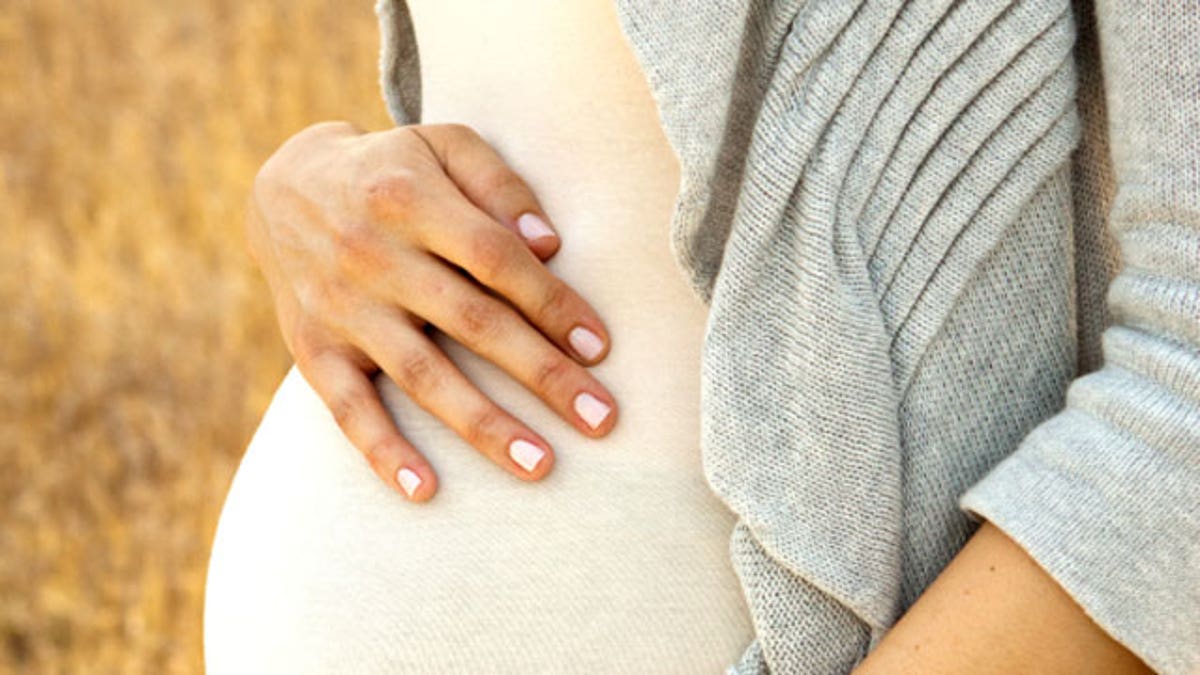
Taking common antidepressants during pregnancy doesn't increase a woman's risk of having a stillbirth, according to a new study of over one million Nordic women.
The drugs, known as selective serotonin reuptake inhibitors, or SSRIs, include fluoxetine (marketed as Prozac) and citalopram (Celexa).
Earlier studies have tied SSRIs to a slightly higher rate of some kinds of birth defects and newborn lung problems. But whether the drugs also raise a woman's chance of stillbirth - when the fetus dies in the uterus after at least 20 weeks of pregnancy - has been unclear.
"Studies previously have not really been large enough to answer this question," said Dr. Olof Stephansson, the lead author of the new report from the Karolinska Institute in Stockholm.
"From our study, we don't find any reason to stop taking your medication, because untreated depression may be harmful for the pregnancy and the baby," he told Reuters Health.
Stephansson and his colleagues consulted prescription drug registries and birth records from Denmark, Finland, Iceland, Norway and Sweden, including more than 1.6 million births between 1996 and 2007. Just over 29,000 of the mothers, or close to two percent, had filled a prescription for an antidepressant during their pregnancy.
Overall, between three and four of every 1,000 births was a stillbirth, the research team reported this week in the Journal of the American Medical Association.
In addition, about two of every 1,000 babies died within four weeks of being born and one in 1,000 died between one and 12 months of age.
Antidepressant use at any time during pregnancy was initially tied to a slightly higher risk of stillbirth. But when Stephansson and his colleagues took into account women's general health, age and whether they smoked, any effect of the drugs disappeared.
Moms-to-be who were on SSRIs tended to be older and were more likely to smoke and have diabetes and high blood pressure than those who weren't taking antidepressants, Stephansson said.
There was still a slightly higher chance of stillbirth among women who took the drugs very early in their pregnancies - the time when a fetus is thought to be most vulnerable to its mother's medications and environmental exposures. But because less than 100 women fit into that category and had a stillbirth the finding "should be interpreted with caution," the researchers said.
Blaming pregnancy complications on any specific drug is always a challenge, according to one researcher not involved in the new study.
"It's difficult and under most circumstances impossible to separate the effects of SSRIs and depression itself or the lifestyle associated with depression," said Dr. Richard Shelton, a psychiatrist who has studied antidepressant use in pregnancy at the University of Alabama at Birmingham.
For example, even when women's general health and behavior are accounted for, they might not mention drinking and illegal drug use - which can be tied to both depression and pregnancy complications.
But so far, the evidence suggests the effects of antidepressant use during pregnancy are "pretty neutral," Shelton told Reuters Health.
Researchers: If you need them, take them
Women who are taking antidepressants and planning a pregnancy should talk with both their obstetrician and psychiatrist to figure out what will be safest for them and their baby, Stephansson said.
But the bottom line, he added, is that "you should stick to the lowest dose possible and not stop with the medication if you need it."
"The general recommendation is if a woman can be off an antidepressant medication during pregnancy, that's probably a good idea. I think that's probably a good idea for any kind of medication," said Shelton, because all drugs may have small, unknown risks.
"But if a woman is depressed enough to warrant treatment, then treatment is probably reasonable," he added. That can mean antidepressants or other options such as talk therapy.
Shelton said women should also seek treatment for other health and lifestyle issues tied to depression, such as being overweight and smoking, preferably before getting pregnant.








































